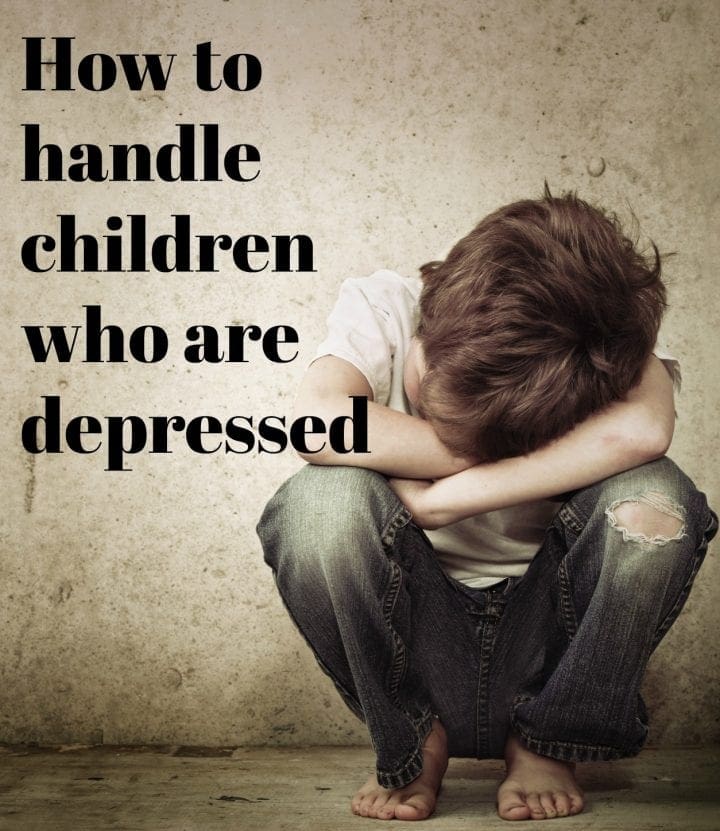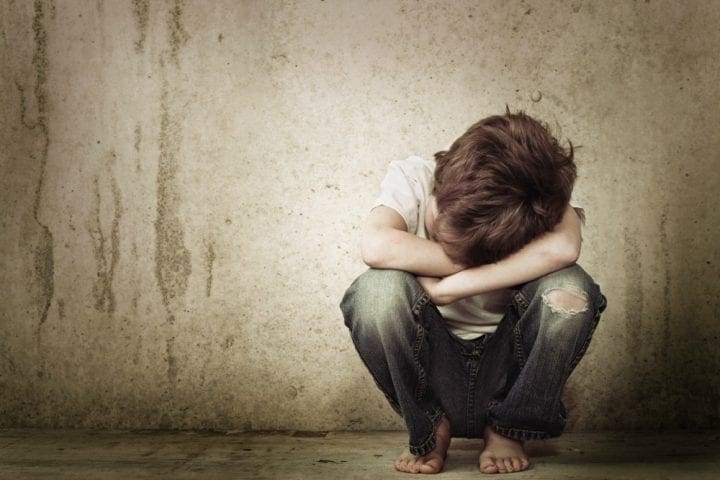How to Help a Child With Depression and Anxiety
How to Help a Child With Depression and Anxiety
Mental illness depression is a clinical disease that should be treated just like any other disease. Normally, when a person suffers from physical illness or injury people opt for treatment but for mental illness or neurosis parents shy away from getting their children treated because of fear of society and unwillingness to accept the fact that their child is depressed. But clinical depression is a disease that should be treated and parents should actively participate in the treatment and seek a psychologist who actively communicates with the patient rather than just providing antidepressants. We hope that find this How to Help a Child With Depression and Anxiety post useful.

So what should a parent do to support a child suffering from clinical depression?
How to Help a Child With Depression and Anxiety
Have patience
Being a patient with the patient of depression is an essential part of the recovery process. It is normal to feel frustrated and worried about a child suffering from depression. It is important to understand that the situation will not change overnight and it is a process that may exhaust physically and emotionally but the healing will happen with patience and endurance.
Maintain healthy communication
Children suffering from depression tend to isolate themselves. It is essential to have healthy communication with them, have routine discussions, and most importantly do physical activities with them. There are many ways to help your child, such as animal support. Even as small as going grocery shopping a stroll or cooking together will help to rekindle the bond and make them feel protected and assured.
Tips for Parents Struggling with Depression
Go for joint counseling
Joint sessions with parents help the children to open up with them and also give them an insight into the progress of their children. Many psychologists give joint counseling sessions that help them to solve unresolved issues between parents and siblings, bridge the communication gap, and create a harmonious relationship.

Be empathetic
Often people confuse sympathy with empathy but parents dealing with depressed children should need to be empathetic. Empathy is the only way when a person can understand the dilemma and situation of the other person and step into their shoes. It will create a space of understanding and acceptance that will help the child to feel a sense of belongingness to get healed.
Respect your child’s privacy rather than being a detective
Keeping an eye on every move, behavior, and action of the person will make the situation worse. Parents need to understand that a child needs alone time to understand himself and get over his insecurities. It is ok to be vigilant and concerned about the child but it is also important to understand his need for privacy. So give him some space and rather than questioning or interrogating create a healthy expressive environment in the family.
4 Natural Ways to Conquer Anxiety and Depression
Acknowledge and celebrate their recovery
On the road to mental illness, it is important to acknowledge even the small victories of the child and make them feel special. It will make them feel confident and give them the strength to try new things and risks in life. So celebrate the small victories of the child and encourage him to try new things.
A child battling with depression needs to be taken care and it is the responsibility of the parents to ensure a congenial and productive environment for the child to grow. Henceforth, it is important to make them feel secure, wanted, and trusted which will give them the confidence to come out of their shell and face their fears for a better future. We hope that found this How to Help a Child With Depression and Anxiety post useful.
Lifescript & Living with Depression
You May Also Like






Pingback: Co-Occurring Disorders and Modern Drug Rehabilitation